 There has been a significant increase in the number of cases related to the issue of whether the exercise of intellectual property rights violated the Fair Trade Act. These cases have resulted in heated discussions over limiting and harmonising the current patent system, which aims at granting exclusive rights to an invention, and the fair trade system, which aims at preventing monopolisation of the market and promoting fair competition. In the IT industry, standard-essential patents (SEPs) are at the heart of the controversy. Perhaps one of the most representative cases would be the Qualcomm case. Qualcomm exercised its patent rights to charge lower royalties for licenses of its SEPs related to CDMA mobile communication technologies to mobile phone manufacturers who used Qualcomm modem chips than it charged other manufacturers. Qualcomm also required its licensees to pay 50 percent of the original royalties, even if the CDMA mobile telecommunication technologies patents were invalidated or expired. The Fair Trade Commission (the FTC) found those requirements to be unfair practices and an abuse of its rights. The FTC imposed a penalty of approximately KRW270 billion on Qualcomm. The SEP cases between Apple and Samsung also received a great amount of attention worldwide. Apple filed a patent infringement claim against Samsung in the US, and Samsung filed a claim for infringement of its SEPs against Apple in Korea. Apple in turn reported Samsung to the FTC claiming that Samsung interfered with Apple’s businesses by engaging in ‘patent hold-up’ (a practice by which an SEP holder prohibits another party from using the SEP, or it charges excessive royalties in an attempt to prevent its competitors from entering the market) in breach of the obligation for FRAND (Fair, Reasonable And Non-Discriminatory) licensing. The FTC, however, rejected Apple’s claim. Another industry which has seen litigation involving anticompetitive patent practices is the pharmaceutical industry. One subject of this litigation involves ‘reverse payments’. A reverse payment refers to a practice whereby a patent holder of a new drug makes payments to generic drug manufacturers in exchange for delaying the release of generic drugs on the market. The patent holder makes the reverse payment to continue enjoying its exclusive rights to distribute the drugs, even after expiration of the patent. This has the potential of reducing competition and keeping prices higher. The Drug Approval-Patent Linkage System under the Korea-US Free Trade Agreement (the Linkage System), which is to be implemented in March 2015, has been criticised for exacerbating the likelihood of reverse payments. The Linkage System requires a pharmaceutical company that submits an application for generic drug marketing approval to the Ministry of Food and Drug Safety (the MFDS) to also notify the patent holder of the application in advance. Upon receipt of the notice, if the patent holder raises an objection, the MFDS stays the approval for a certain period of time. Under this system, a patent holder is arguably given even more opportunity to enter into a reverse payment settlement upon being notified in advance of the imminent release of generic drugs. A well-known reverse payment litigation matter involved Glaxo Smith Kline (GSK) and Dong-A Pharmaceutical (Dong-A). GSK owned an original patent for an anti-nausea drug containing ondansetron. Dong-A launched a new generic equivalent of that drug and GSK made the offer that if Dong-A stopped selling the generic drug, GSK would give Dong-A the exclusive right to distribute another new drug and pay a certain percentage of the sales as an incentive. The FTC found that GSK and Dong-A jointly engaged in unfair trade acts, and imposed a penalty of KRW5.2 billion. Generally, the interest of the original patent owner who is facing the risk of losing the market after expiration of the patent aligns with the interest of generic drug manufactures who wish to avoid a long and expensive patent lawsuit. The implementation of the Linkage System enables these two parties to more easily conduct a reverse payment arrangement. The FTC considers the real victim of these reverse payment settlements to be consumers who are deprived of the opportunity to purchase less expensive generic drugs. In addition to the issues discussed above, abuse of patent rights by Non-Practising Entities also has been widely discussed. Looking at the bigger picture, all of these issues are in their nature connected to trade. We are living in a world where bilateral or multilateral FTAs are executed to eliminate tariff barriers. In the long-term, non-tariff barriers also have to be reduced to promote free competition in the global market for the benefit of consumers. |
Lee International IP & Law Group
Poongsan Bldg. 23
Chungjeongro
Seodaemun-gu
Seoul 120-013, Korea
Tel: 82 2 2279 3631
Fax: 82 2 2273 4605
Email: kjpark@leeinternational.com
Website: www.leeinternational.com



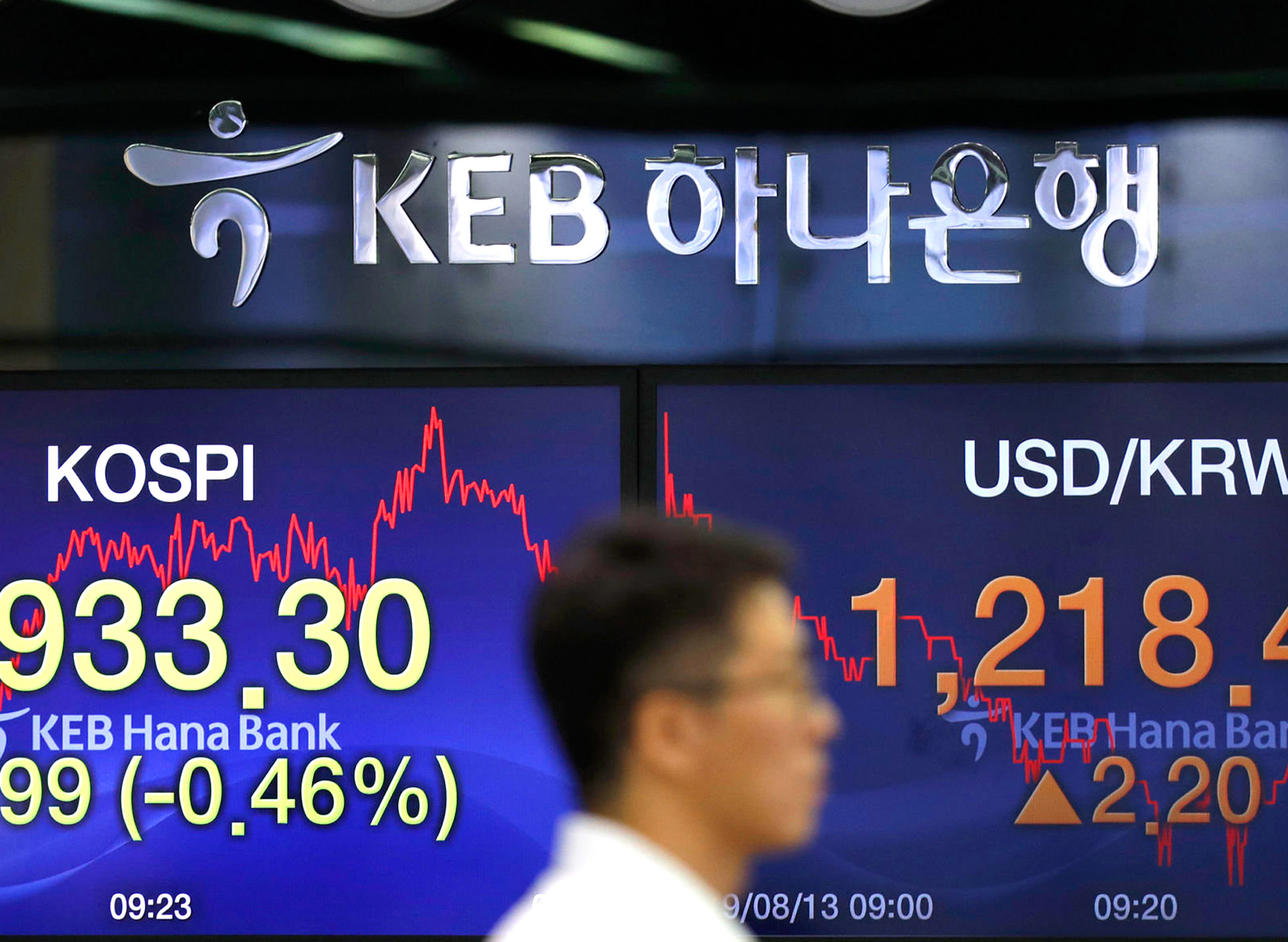


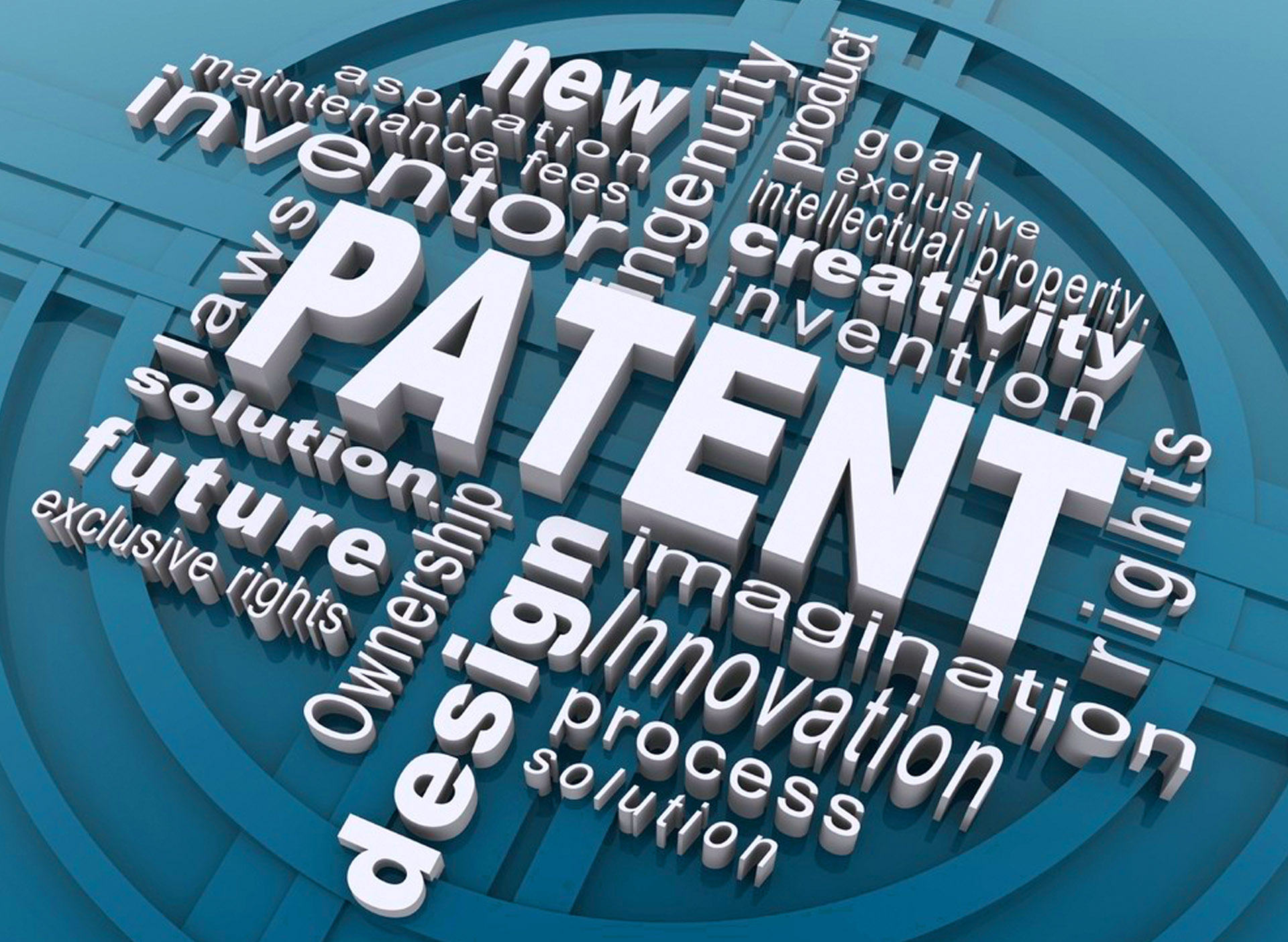

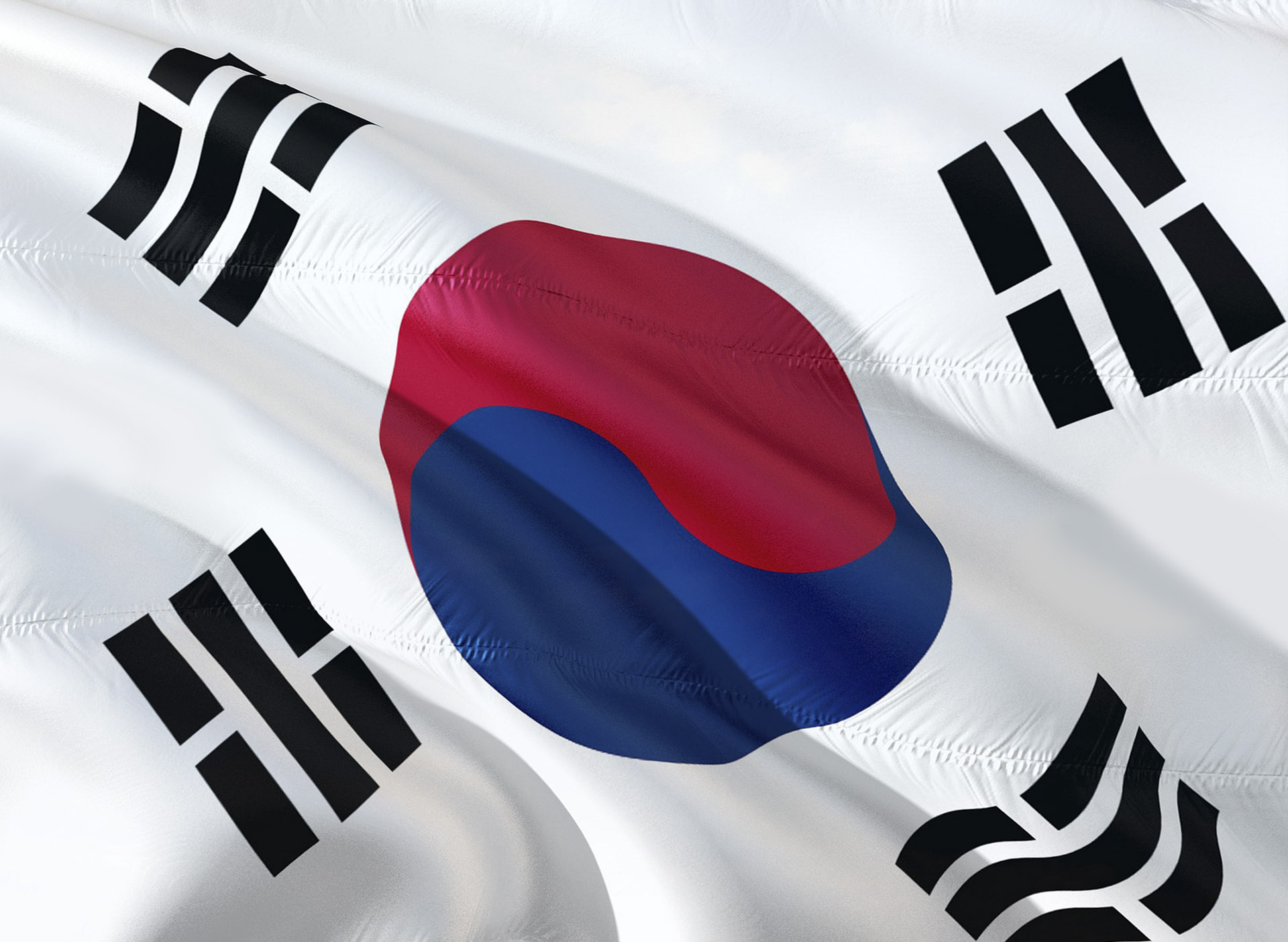


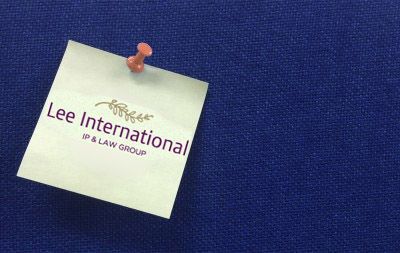













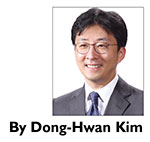

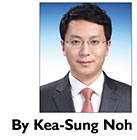




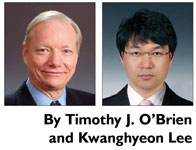









 Nicholas H. Park
Nicholas H. Park







